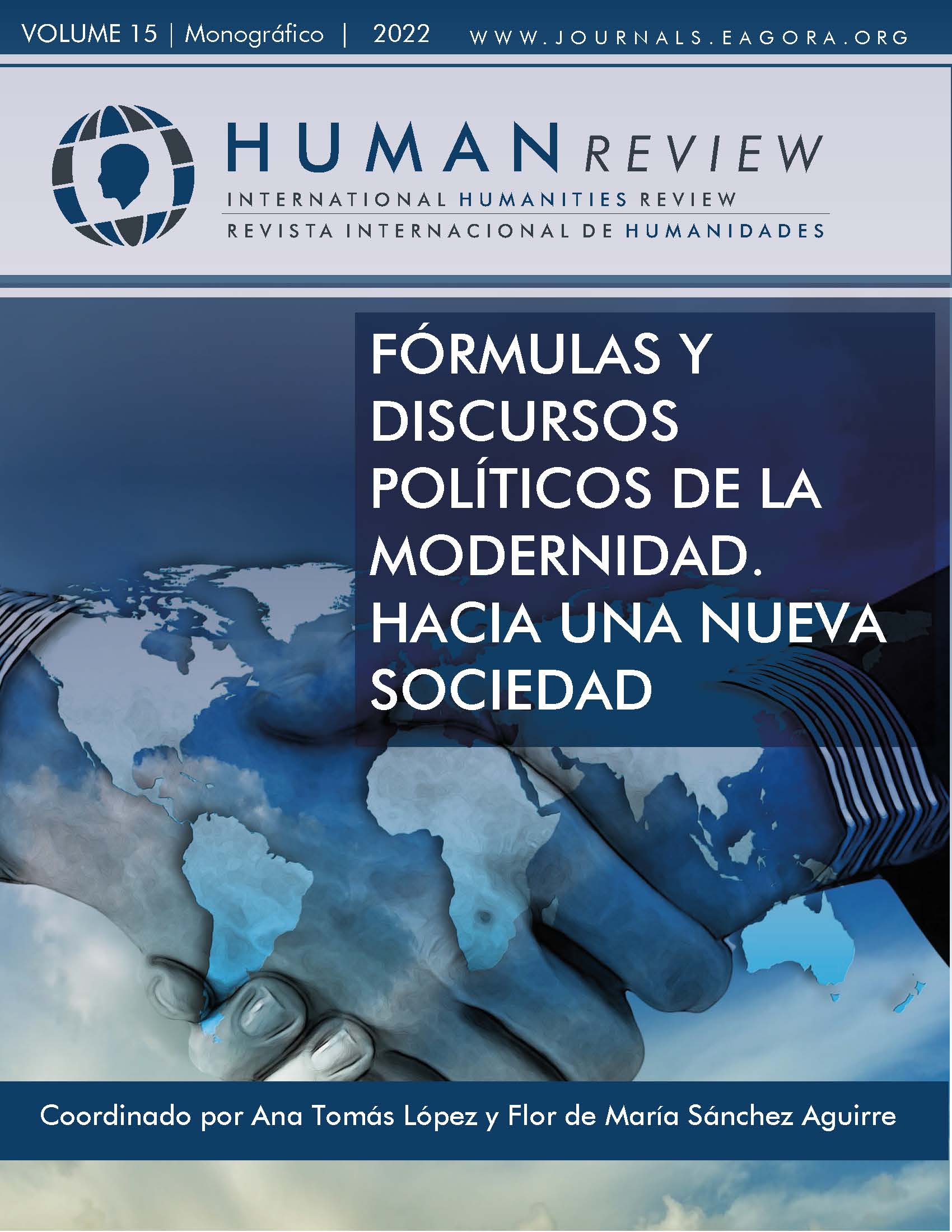The world in the post-pandemic time
Geopolitical and geostrategic implications for a new world order
DOI:
https://doi.org/10.37467/revhuman.v11.4297Keywords:
International order, Political crisis, Geopolitics, Geostrategy, War, PandemicAbstract
After the pandemic, which paralyzed the planet socially and economically, forcing governments to impose confinements, the world awoke, two years later, with a “special military operation” by Russia against Ukraine.
This sign of aggression raised the spectre of a world conflict with Europe as its theatre of operations. The imposition of economic sanctions and the fact that the UN was unable to act highlighted that the international order may have been jeopardised.
Tension with NATO and its member states supporting the Ukrainian cause has created conditions to accelerate this conflict.
References
Adonis Boutros-Ghali (2009). O Livro dos Saberes, Constantin von Barloewen organização. Edições 70.
Alves, André Azevedo et al. (2017). Teoria Política e Geoestratégia. Aletheia Editores.
Allison, Graham (2021). Destinados à guerra. Gradiva.
Axelrod, Alan (2011). Winston Churchill CEO: 25 lições indispensáveis para líderes extraordinários. Campus.
Barzun, Jacques (2003). Da alvorada à decadência de 1500 à atualidade. Gradiva.
Brzezinski, Zbigniew (1997). The Grand Chessboard. New York Basic Books.
Dooley,L.M. (2002). Case Study Research and Theory Building. Advances in Developing Human Resources, (4)343-344. DOI: https://doi.org/10.1177/1523422302043007
Ferguson, Niall & Zakaria, Fareed (2019). A ordem liberal internacional terá chegado ao fim? Dom Quixote.
Gaspar, Carlos (2019). O regresso da anarquia. Aletheia Editores.
Gaspar, Carlos (2020). O mundo de amanhã – geopolítica contemporânea. FFMS.
Gaspar, Carlos et al. (2021). Teoria das relações Internacionais. Livros Horizonte.
Kaplan, Robert D. (2012). The revenge of Geography. Random House.
Kenez, Peter (2017). História da União Soviética. Edições 70.
Keohane, Robert O. & Joseph S. Nye (1989). Power and interdependence, Interdependence in world politics pp 3-22 e Realism and complex interdependence pp. 23-37. Harvard University.
Kissinger, Henry, Schmidt, Eric & Huttenlocher. (2021). A era da inteligência artificial. Dom Quixote.
L.Freeze, Gregory (2017). História da Rússia. Edições 70.
Mahbubani, Kishore (2020). Public Affairs. New York.
Montalvão Sarmento, Cristina (2008). Novas arquiteturas políticas, redes, interdependência e violência em Estudossobre a Globalização da Sociedade Civil. Academia Internacional da Cultura Portuguesa.
Morgenthau, Hans J. (2003). A política entre as nações. Editora Universidade de Brasília.
Naim, Moises (2014). O fim do poder. Gradiva.
Nye Jr, Joseph S. (2005). O paradoxo do poder americano. Gradiva.
Nye Jr, Joseph S. (2009). Liderança e Poder. Gradiva.
Tucídides (2008). História da Guerra do Peloponeso. Edições Sílabo.
Xuetong, Yan (2019). Leadership and the rise of greta powers. Princeton University Press. DOI: https://doi.org/10.2307/j.ctvc77dc8
Yin,R (2005) Estudo de Caso. Planejamento e Métodos. Porto Alegre: Bookman.
Waltz, Kenneth (2002). Teoria das Relações Internacionais. Gradiva.
Downloads
Published
How to Cite
Issue
Section
License
Those authors who publish in this journal accept the following terms:
- Authors will keep the moral right of the work and they will transfer the commercial rights.
- After 1 year from publication, the work shall thereafter be open access online on our website, but will retain copyright.
- In the event that the authors wish to assign an Creative Commons (CC) license, they may request it by writing to publishing@eagora.org









